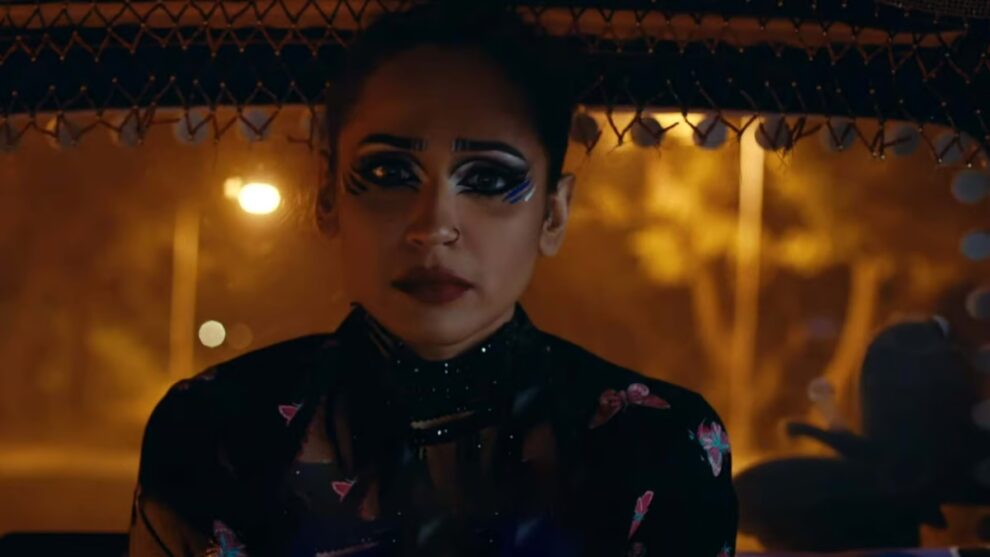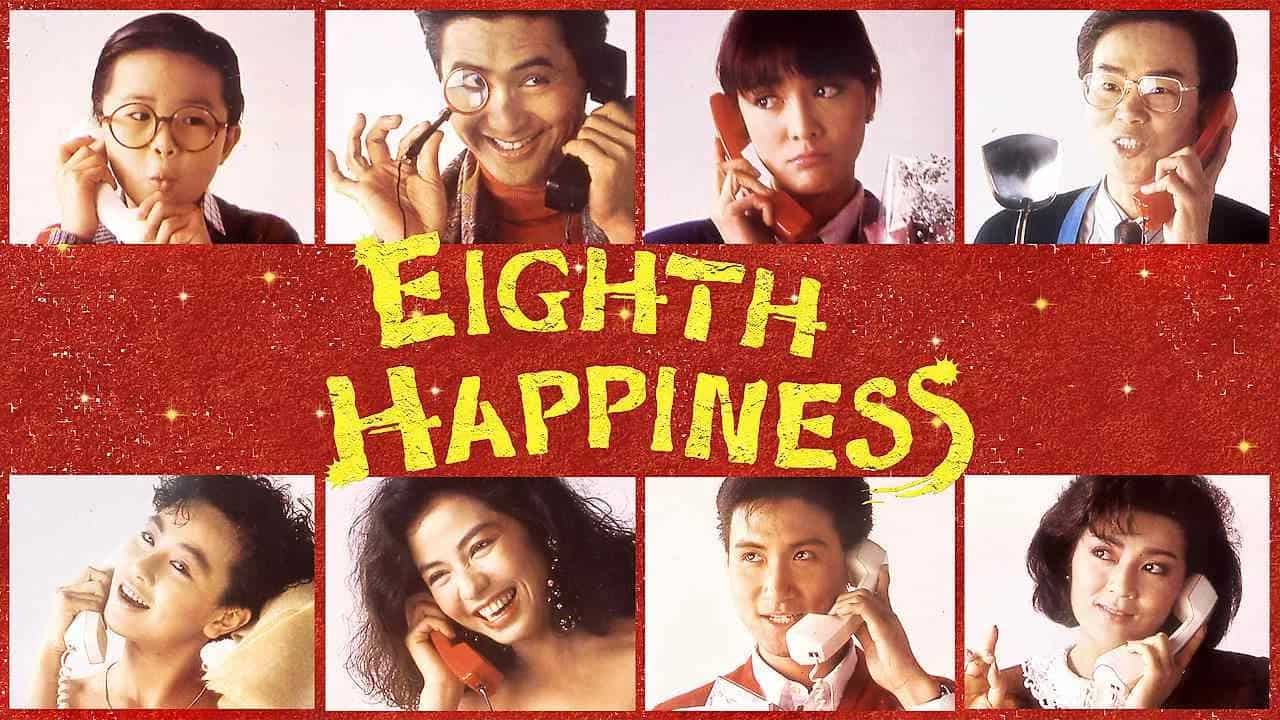Inspired by the story of social media star Qandeel Baloch, who was murdered by her brother in 2016 for what he deemed bringing dishonor on her family through online posts that would be considered mild by Western standards, “Wakhri” is a film that leans on its impressive visuals in order to make it rather pointed comments. It is also worth mentioning that it has just passed government censors in Pakistan, and will be released in the country starting January.
Wakhri is screening at Red Sea Film Festival

Noor is a young widow who teaches in a school in Karachi, with her life goal being to raise funds for an all-girls school in Lahore, fed up by the intense patriarchy of the local society, who has, among other things, girls of school age being part of arranged marriages. Gucci, her cross-dressing best friend is the only real support she has in life, with their relationship being as close as one can be between two people, without them being lovers however. Gucci, who organizes underground parties for the LGBT community, has his own set of problems, mostly revolving around him trying to restrain the leader of a local gang who attack LGBT people. Eventually, and as the pressure on both of them, but particularly Noor, piles up, she decides to adopt the persona of Wakhri, a rather sexy female who talks publicly to people about the issues the country faces, in the most pretentious but also meaningful way. Soon, Wakhri becomes an internet sensation, dividing a whole nation with her fiery speeches.
Iram Parveen Bilal does one very smart thing with the film, essentially mirroring her protagonist's persona. She fills the screen with impressive colors, intriguing frames, rather entertaining music, and a truly charismatic protagonist who clearly draws utmost attention every time she appears on screen, either as Noor or Wakhri. This choice allows her to keep the movie quite entertaining from beginning to end, essentially forcing the viewer to be glued to the screen, and thus making the communication of her comments more impactful.
In that fashion, the frequent music video/performance-like style here benefits the most by the overall production values. Ludovica Isidori's cinematography captures all the aforementioned with a flair that results in a plethora of impressive sequences, all of which are connected excellently by Aarti Bajaj's editing, who additionally implements a relatively fast pace that suits the aesthetics of the movie ideally. The scenes with the parties, Wakhri's appearances, and the violent sequences are where the audiovisual aspect finds its apogee, but it is also easy to say that there are no moments here that look bad.
Furthermore, the visuals benefit the most by the acting, with Faryal Mehmood being impressive on all of her layered character's instances, and Gulshan Majeed providing an equal match, who also gets enough screen time to present his character thoroughly and to highlight his co-protagonist's. The chemistry of the two is also excellent, with their rapport actually carrying the movie from beginning to end.
To return to the comments here, the blights of patriarchy and of an intensely male-dominated and conservative society are showcased in all their glory, with the scene with the panel being one of the most indicative. Bilal suggests that social media can be a way out for people to present alternative views of the world, although the fact that the internet and reality can be two different things is also made quite clear.
Regarding the narrative, some issues with the pacing do exist, and the protagonist's metastrophe is not fully justified; however, both the visual flair and the overall way the film was shot including the acting definitely compensate, resulting in a movie that manages to both entertain and present its comments in the most eloquent fashion.















